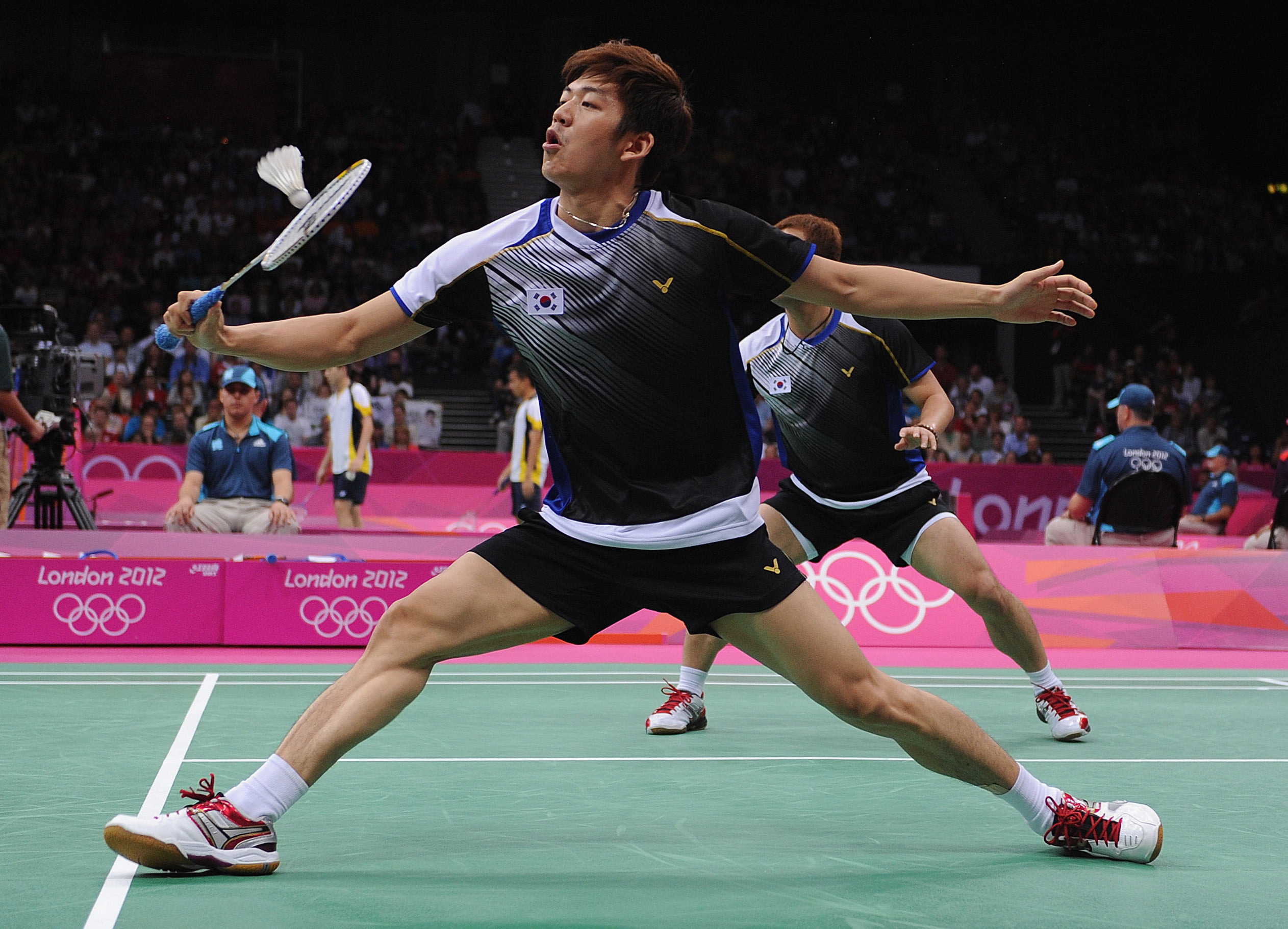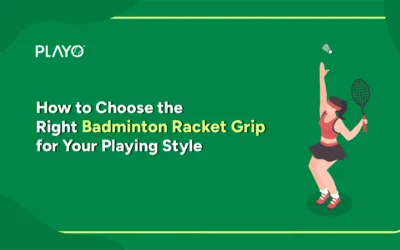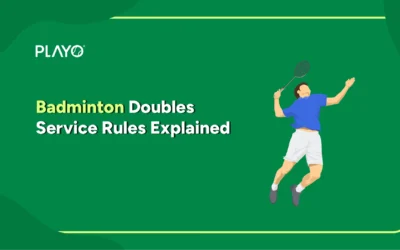Return a Badminton Smash| You’re in that court that’s all lit up, you’re in form and in the middle of a great rally and the opponent suddenly does a SMASH!
So how does one successful attempt to return a smash and keep that rally going?
Well, you’ve come to the right place as we’ve successfully put together three steps in returning that smash. So, keep on reading!
STEP 1: PREPARATION
Prevention is better than cure, indeed. In this step, we shine the light on ways you can prepare to prevent the opponent from smashing.
Check your Stance:
It’s advised that when playing the sport, it’s best not to move around the court too much, but rather take up a defensive stance. To achieve a defensive stance, face in the direction of the smash, keep your feet shoulder-width apart, have your knees bent so you stay low and can hence move more quickly and keep your racket in front of you to be more prepared.
With this defensive stance, you’ll be able to respond to a smash from both your forehand area, backhand area, or during a direct shot.Check your grip:
Stay prepared and perfect those grips! Whether it’s a backhand grip or a forehand grip, perfect them. When you’re preparing for a smash, its best advised adopting a backhand grip for both backhand and forehand shots as both can be attempted with a backhand grip whereas a forehand grip restricts the attempt of a backhand shot.
Check your opponent’s position on the court:
How to figure this out is to check the direction your opponent’s body is pointing towards while he’s just about to smash. If you watch his racket carefully as he prepares to swing, you can anticipate the direction where the shuttle will fly from.
STEP 2: ANTICIPATION
One can choose to attempt a smash depending on the position on the court from which the smash is coming from. If the opponent smashes from the back third of the court, you can expect the shot to reach you at the middle of the court.
But if the player jumps and attempts the smash, the nature of the shot will be steeper, hence you’ll have to stand a little closer to the net to attempt the same.
Also keep in mind, when you feed the attacker a high shot is when he’s most likely to attempt a smash. So, if you do hit a high shot, you can most likely expect a smash.
STEP 3: ACTION
Now that you’re prepared and you’ve anticipated a smash coming your way, how do you, in fact, attempt one?
There are types of shots one can use to return a smash and those predominantly revolve around a Lift, Block and Drive.
LIFT:
With a lift, you successfully return a smash, but it cannot guarantee you a win. This is a basic way to return a smash where you send the shuttle high and deep and it could give the attacker another chance at attempting the smash.
BLOCK:
When you return a smash with a block, you hit the shuttle low to the net which makes it tougher for the attacker to attempt, which makes this the best way to turn your return into an attack, giving you the upper edge.
DRIVE:
If you want to put the attacker hitting a smash to the defensive position, this is the type of return with which the same can be achieved. With a driving shot, you can hit the shuttlecock while it’s almost level with the net and then you can hit it hard and flat to the back of the court which automatically puts your opponent in the defensive zone.
Most of all, follow these rules and have laser focus in your game and practice until you get it right and you can successfully return that smash. Book your favourite venue on the app and try how these tips to return a badminton smash.
FOLLOW US ON INSTAGRAM FOR SPORTS MEMES AND INFO!





